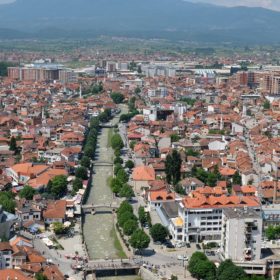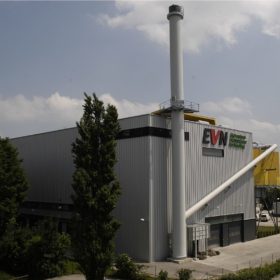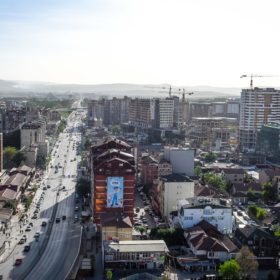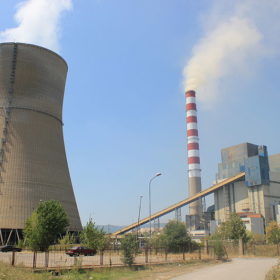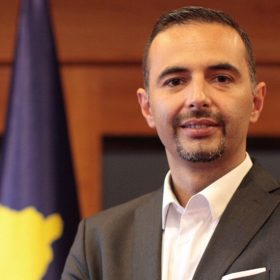Kosovo introduces 20 MW FIT scheme for PV, but state aid commission said it is illegal
The scheme, which has now been halted, was expected to award a FIT of €0.0855/kWh to PV systems not exceeding 3 MW in size.
Power-to-heat for district heating may drive wind and solar
Researchers say the technology could help drive clean energy deployment in countries with limited grids or in isolated, coal-based energy systems. According to their model, Kosovo could see a strong increase in wind and PV capacity if power-to-heat is coupled with thermal energy storage for fixed-capacity district heating.
Kosovo preps 50 MW solar tender
The Balkan nation is planning a tender for 50 MW of utility scale solar capacity on a public-private partnership basis with help from the International Finance Corporation. The World Bank’s private finance arm is procuring a technical, environmental and social consulting firm to advise on the project.
Kosovo planning auction scheme for solar and wind capacity
The European Bank for Reconstruction and Development is helping the Kosovan government develop a competitive scheme for the award of payments to renewable energy generators. The Balkan state wants to add 400 MW of clean energy capacity by 2026.
EBRD urges Western Balkans to replace 18 GW of coal with renewables
The EBRD has released a brief urging Western Balkan countries to both replace their aging lignite coal generation capacity with renewables, and to rethink their 18 GW plans for new coal capacity. While the region offers favorable conditions for various types of renewable generation, it has been slow on the uptake to date.
Kosovo raises 2020 solar target, slightly
The Kosovar Ministry of Economic Development has recently announced a plan to transfer 100 MW to 120 MW of licenses from hydro, to solar and wind. The latter, however, is expected to comprise the largest share, according to the country’s revised plans for renewables and energy, which envisage just 30 MW of solar by the end of 2020.
